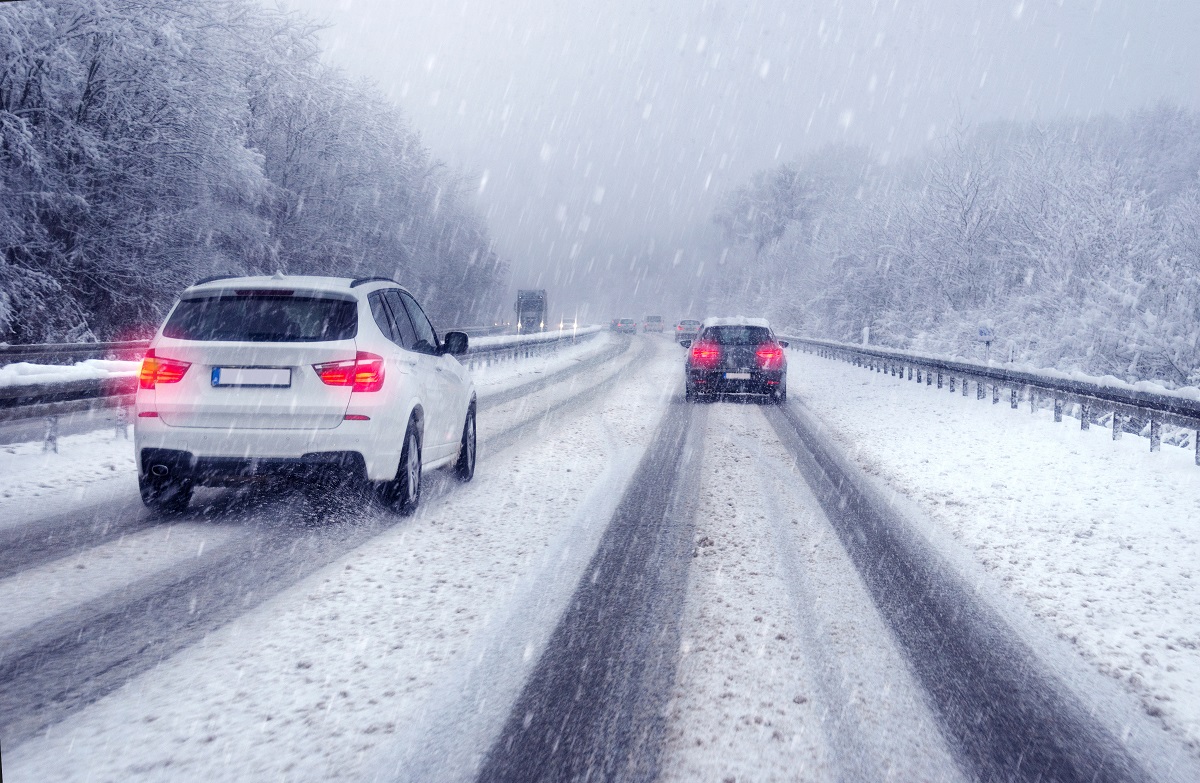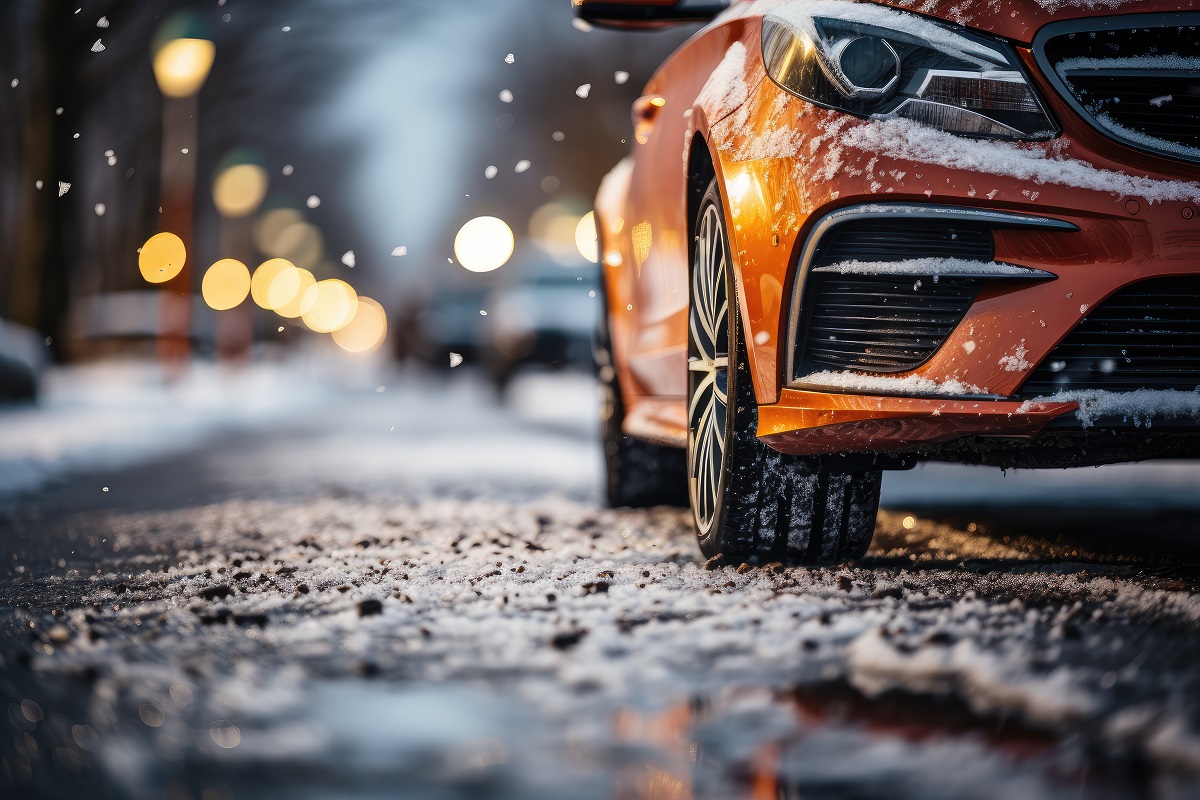Insurance is supposed to help cover costs after a car accident, but it can be challenging to file a claim and deal with adjusters. If you're looking for "collision repair near me" following a car wreck, we discuss how to navigate the aftermath of a crash and where to find an auto body shop near Temecula, CA that offers insurance claims assistance below.
Are You Searching "Collision Repair Near Me?" Steps to Take After an Accident
In the days and weeks after being involved in car accident near Temecula, CA you'll need to take several steps to report the incident to local authorities and file a claim with your insurance company. This includes:
Reporting the Accident to the Police
It's important to contact local authorities as soon as possible after the collision, even if the damage is minor. This creates a record of the accident, including when and where it occurred, who may have witnessed the incident, and what the responding officer's initial observations were. You'll need this information when you file your insurance claim.
In California, state law mandates that if a claim for property damage after an accident is over $1,000 in value, motorists must report the incident to the California Department of Motor Vehicles no more than 10 days after the collision occurred. If the accident involved an injury, the California Highway Patrol or your local police department must be contacted within 24 hours.
Exchanging Information with the Other Driver
If you and the other driver are able, you should exchange contact and insurance information with one another. Depending on your coverage and the circumstances of the collision, you may need to file a claim with your own insurance company and the company of the other driver.
Taking Photographs at the Scene
Consider taking pictures of the damage to your vehicle at the scene if it's safe to do so. This provides insurers a look at your car in the context of its surroundings so they can accurately assess how the accident happened. Then, whichever driver contributed most to the collision is generally considered financially liable for their percentage of fault.
Saving Receipts Related to the Accident
Be sure to save any receipts or invoices you paid that are related to the crash, including vehicle repairs and anything you had to replace. These will need to be submitted along with your claim in order for you to be reimbursed. If you don't have a receipt showing that you paid for something, you'll have a harder time getting compensation for it from your insurance company.
Contacting Insurance Providers
Finally, you'll need to file a claim with each insurer that you're seeking compensation from. However, doing this yourself can be a long and complicated process that often results in denial and the need for appeal. A better solution is to work with an auto body shop that can communicate with insurance companies on your behalf to secure the funding needed for your repairs. This is called "insurance claims assistance."
How to Find Insurance Claims Assistance Near Temecula, CA
If you live near Temecula, CA, and look up the term "collision repair near me" online, you'll see search engine results for several local body shops in the area. But not all of them will be able to help if you need claims assistance. How do you know which one is the best place to take your vehicle after a collision? Here are some things to look for in a reputable provider:
- Mostly good reviews
- Feedback left on bad reviews
- Certifications are current
- Estimates are free
- Technicians are factory trained
- Towing is available
- Rental cars are offered
Frequently Asked Questions (FAQs) About Getting Insurance Assistance
How Much Time Do I Have to Send a Claim to My Insurance Carrier?
In California, most insurers require you to report an accident within 24 hours.
What Questions Will My Insurance Company Ask Me When Filing an Accident Claim?
When you contact your car insurance carrier to file a claim after a collision, the adjuster working on your case will ask you several questions about what happened so they can get to know:
- What led to the accident
- How fast you were driving
- Where the accident occurred
- Who was involved
- The damage to your car
- If you were hurt in the crash
- If you have past injuries
- If a police report was filed
How Do I Negotiate My Car's Value with My Insurer?
What your vehicle was worth at the time of the accident plays a significant role in how much compensation you will be able to receive from insurance companies. The more value your car had when you crashed, the more money you can argue should be paid to restore your vehicle. You can negotiate by showing maintenance and parts receipts, current listings for the same vehicle make and model, and how much vehicles like yours have sold for in your area.
How Much Money Will I Get?
The amount of money you're awarded from an insurance claim depends on several factors, including the base cost of repairs, the rate of vehicle depreciation after the collision, whether you were injured, and if the other driver was grossly negligent in their actions leading up to the accident.
Why Choose an Auto Body Specialist That Helps with Insurance?
When you choose an body shop that offers claims assistance, you won't have to worry about contacting your insurance carrier or the provider of the other driver to file your claim. Instead, your team of automotive technicians works directly with insurers to determine and apply coverage, so you only have to worry about bringing your car in. Once you arrive, the technicians will take it from there.
You don't have to keep searching for "collision repair near me" to get the help you need after an accident. Call us at GOScH Collision in Hemet, CA to get your vehicle in for repair as soon as possible and get insurance claims assistance so you can obtain the maximum coverage available under your policy.









